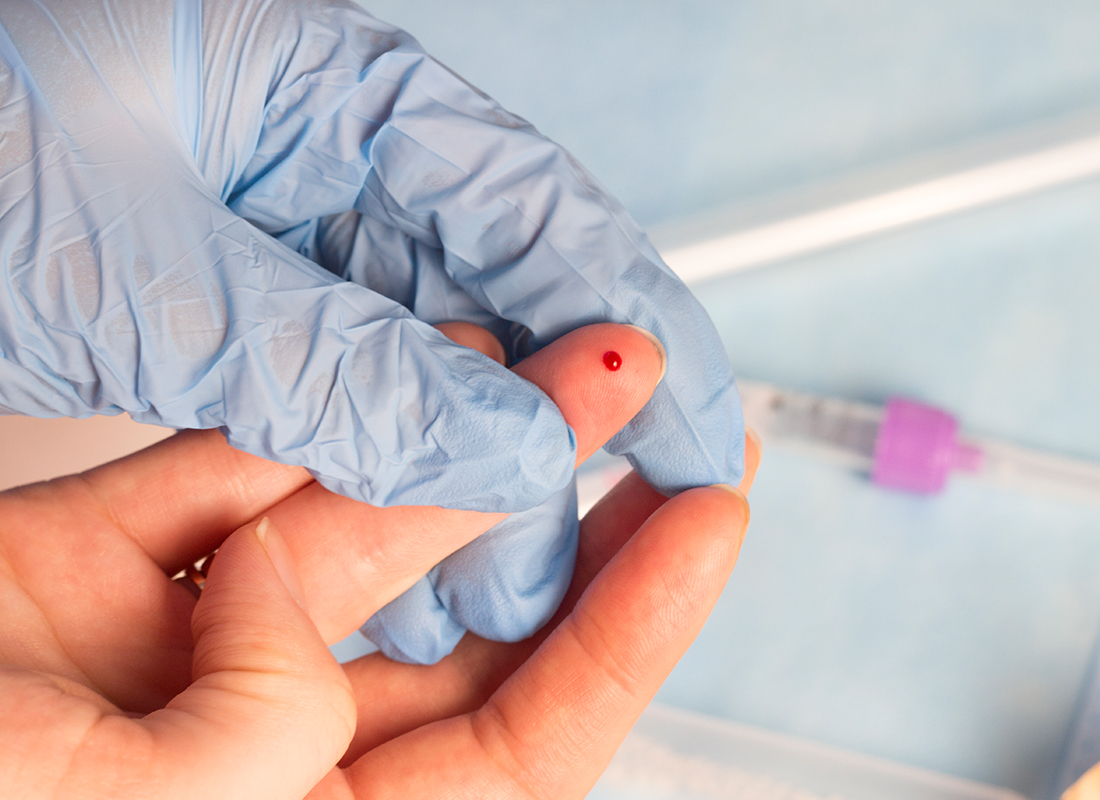Labs in Court
In recent key cases, the national drug retailer must stand trial for failing to protect customers from faulty Theranos products.

Walgreens Must Stand Trial for Not Protecting Blood Test Patients from Theranos Fraud
Case: Patients who bought Theranos blood tests at Walgreens stores filed a class action lawsuit against the national drug retailer for participating in the notorious scam. Walgreens acknowledged that Theranos made false claims about its Edison blood testing system but insisted that it got suckered like everybody else. Walgreens was more than just a victim, the patients retorted, accusing the company of willful blindness and deliberately ignoring evidence that Theranos’ products were unreliable. The Arizona federal district court denied Walgreens’ motion to dismiss the case without a trial, finding that a jury would have to decide the matter [In re Ariz. Theranos, Inc. Litig., 2023 U.S. Dist. LEXIS 78235, 2023 WL 3246811].
Significance: While they’d still have to prove their claims, the patients introduced enough evidence that Walgreens displayed the “reckless indifference to the truth or falsity” required to show fraud under the federal Racketeer Influenced and Corrupt Organizations Act (RICO) and warrant a trial. If believed, such evidence could justify a “reasonable jury’s finding that Walgreens knew there was a high probability” that Theranos’ blood testing method had received only minimal regulatory scrutiny and was unreliable and not market-ready. The good news for Walgreens is that the court did take the possibility of punitive damages off the table. While enough for a jury to find willful blindness, the patients’ evidence wouldn’t support a finding of actual fraudulent knowledge and intent required to award punitive damages under RICO, the court concluded.
Texas Federal Jury Convicts 12th Conspirator for Role in PGx Test Kickback Scam
Case: In December 2019, a federal grand jury indicted 12 individuals from three states for running a scam involving the payment and offering of over $28 million in kickbacks in exchange for referrals of pharmacogenetic (PGx) tests to three labs in California. Eleven of those defendants have either settled or been convicted for their role in the conspiracy. On May 5, a jury in Texas concluded a two-week trial by finding the last of those defendants, Steven Donofrio, 49, of Temecula, California, guilty of federal Anti-Kickback Statute (AKS) violations.1
Significance: PGx, a form of lab testing used to identify genetic variations that affect how an individual patient metabolizes certain drugs, has become a popular target for federal enforcers and whistleblowers. Under Medicare rules, PGx tests are covered only when a prescriber is considering or already prescribing medically necessary medications that have a known gene-drug interaction that has been demonstrated to be clinically actionable. Labs can also get into trouble for the way they market PGx tests, including offering marketing commissions based on the number or volume of tests ordered. According to the indictment in this case, defendants paid kickbacks in the form of bogus research grants and tuition payments to Yale University, where one of the defendant’s children was enrolled.2
Arizona Lab Settles Self-Disclosed False Billing and Kickback Violations for $3.4 Million
Case: Paradigm Diagnostics, Inc., Arizona, has agreed to pay $3,432,729 for alleged violations of the Civil Monetary Penalties Law.3 Presumably, the price tag would have been much higher had Paradigm not disclosed its misconduct to the Department of Health and Human Services Office of Inspector General (OIG), including falsely billing Medicare for:
- Consulting and surgical pathology services that were not provided
- Genetic testing using “stacked” codes, i.e., coding each step of a molecular diagnostic test with a different CPT code to create a “stack”
- Breast cancer testing under the code for full gene sequencing while only performing partial gene sequencing
- Genetic testing performed within 14 days after an inpatient or outpatient hospital discharge
Significance: In addition to the false claims, Paradigm self-disclosed that it had offered, paid, solicited, or received illegal remuneration in violation of kickback laws, including via:
- Waiving Medicare beneficiary copayments
- Receiving a pharmaceutical manufacturer’s offer of $15,000 per individual Paradigm referred for the company’s clinical trial
- Paying remuneration in the form of meals, refreshments, and registry payments to 17 individual physicians and affiliated entities
Federal Court Nixes Product Manufacturer’s Negligence Claims Against Eurofins
Case: A manufacturer getting set to launch a new chicken soup protein powder sent samples of the product to Eurofins for FDA-required lab analysis and testing. The tests came back positive for Salmonella, and the launch had to be delayed at the cost of millions of dollars. The manufacturer claimed that Eurofins contaminated the samples and sued the lab for negligence and violating the Wisconsin Deceptive Trade Practices Act (DTPA). Eurofins argued that neither claim was legally valid, citing the written contract the firms had entered in 2017 that expressly limited Eurofins’ liability to the manufacturer. The Wisconsin federal district court agreed and dismissed the case without a trial [ProSynthesis Labs., Inc. v. Eurofins Microbiology Labs., Inc., 2023 U.S. Dist. LEXIS 83324, 2023 WL 3377494].
Significance: The manufacturer accused Eurofins of failing to maintain a sanitary testing environment, intentionally sending the products for testing in a lab known to be contaminated, and then hiding these facts from the manufacturer when it tried to investigate the situation. But even if the claims were true, they were barred by both the written agreement and a state law called the “economic loss doctrine,” which bans parties from recovering in tort when the negligence of others results in purely economic loss, the court reasoned. The DTPA claim failed because the manufacturer had a long-running business relationship with Eurofins and the law’s protection against deceptive product claims applies only to members of “the public.”
References:
- https://www.justice.gov/usao-edtx/pr/california-man-convicted-health-care-kickback-conspiracy
- https://www.texarkanagazette.com/news/2020/jan/09/indictment-accuses-12-medicare-fraud-government-se/
- https://oig.hhs.gov/fraud/enforcement/paradigm-diagnostics-agreed-to-pay-34-million-for-allegedly-violating-the-civil-monetary-penalties-law-by-billing-for-services-not-provided-as-claimed-and-paying-improper-remuneration/
Subscribe to view Essential
Start a Free Trial for immediate access to this article